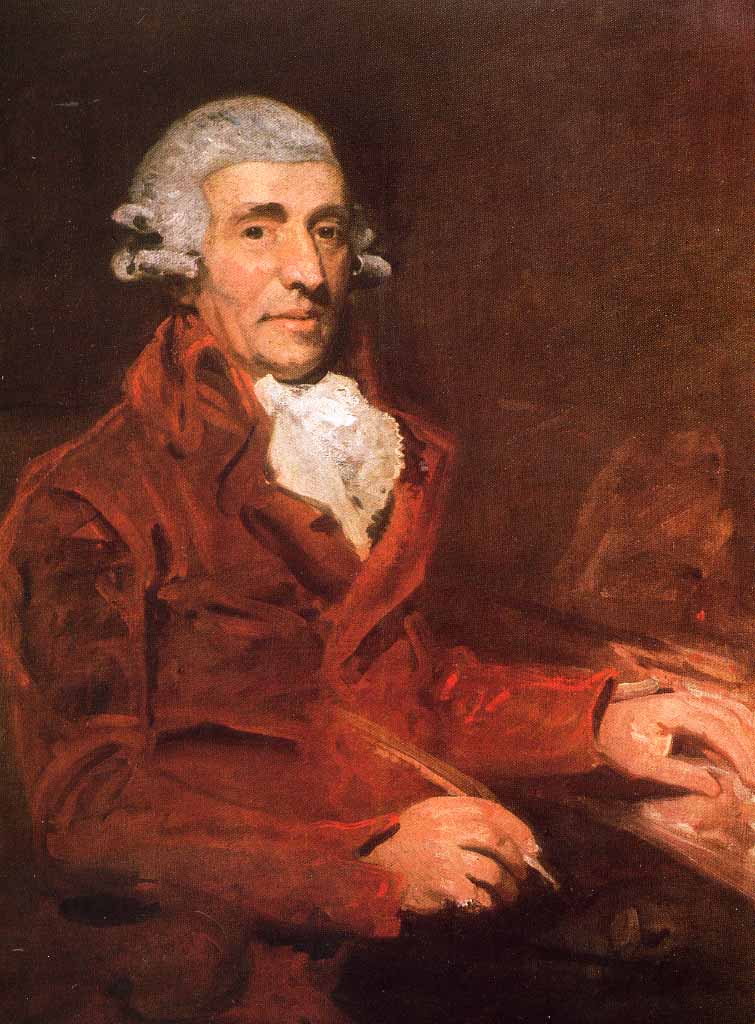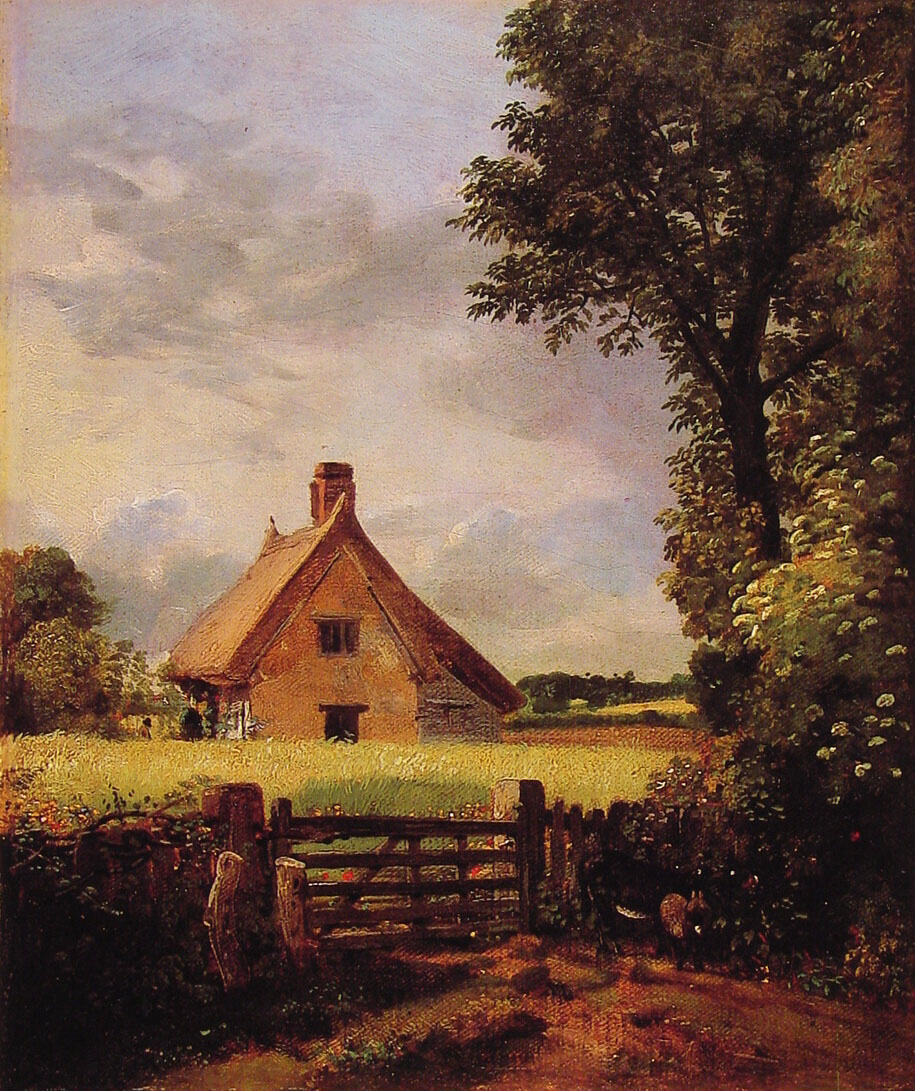ENDLESS STREAMS and MOUNTAINS
Clearing the mind and sliding in
to
that created space,
a web of waters steaming over rocks,
air misty but not raining,
seeing this land from a boat on a lake
or a
broad slow river,
coasting by.
The path comes down along a lowland stream
slips behind boulders and leafy hardwoods,
reappears in a pine grove,
no farms around, just tidy cottages and shelters,
gateways, rest stops, roofed but unwalled work space,
—a
warm damp climate;
a trail of climbing stairsteps forks upstream.
Big ranges lurk behind these rugged little outcrops—
these spits of low ground rocky uplifts
layered pinnacles aslant,
flurries of brushy cliffs receding,
far back and high above, vague peaks.
A man hunched over, sitting on a log
another stands above him, lifts a staff,
a third, with a roll of mats or a lute, looks on;
a bit offshore two people in a boat.
The trail goes far inland,
somewhere back around a bay,
lost in distant foothill slopes
& back again
at a village on the beach, and someone’s fishing.
Rider and walker cross a bridge
above a frothy braided torrent
that descends from a flurry of roofs like flowers
temples tucked between cliffs,
a side trail goes there;
a jumble of cliffs above,
ridge tops edged with bushes,
valley fog below a hazy canyon.
A man with a shoulder load leans into the grade.
Another horse and a hiker,
the trail goes up along cascading streambed
no bridge in sight—
comes back through chinquapin or
liquidambars; another group of travelers.
Trail’s end at the edge of an inlet
below a heavy set of dark rock hills.
Two moored boats with basket roofing,
a
boatman in the bow looks
lost in thought.
Hills beyond rivers, willows in a swamp,
a gentle valley reaching far inland.
The watching boat has floated off the page.
Gary Snyder
























































































































































